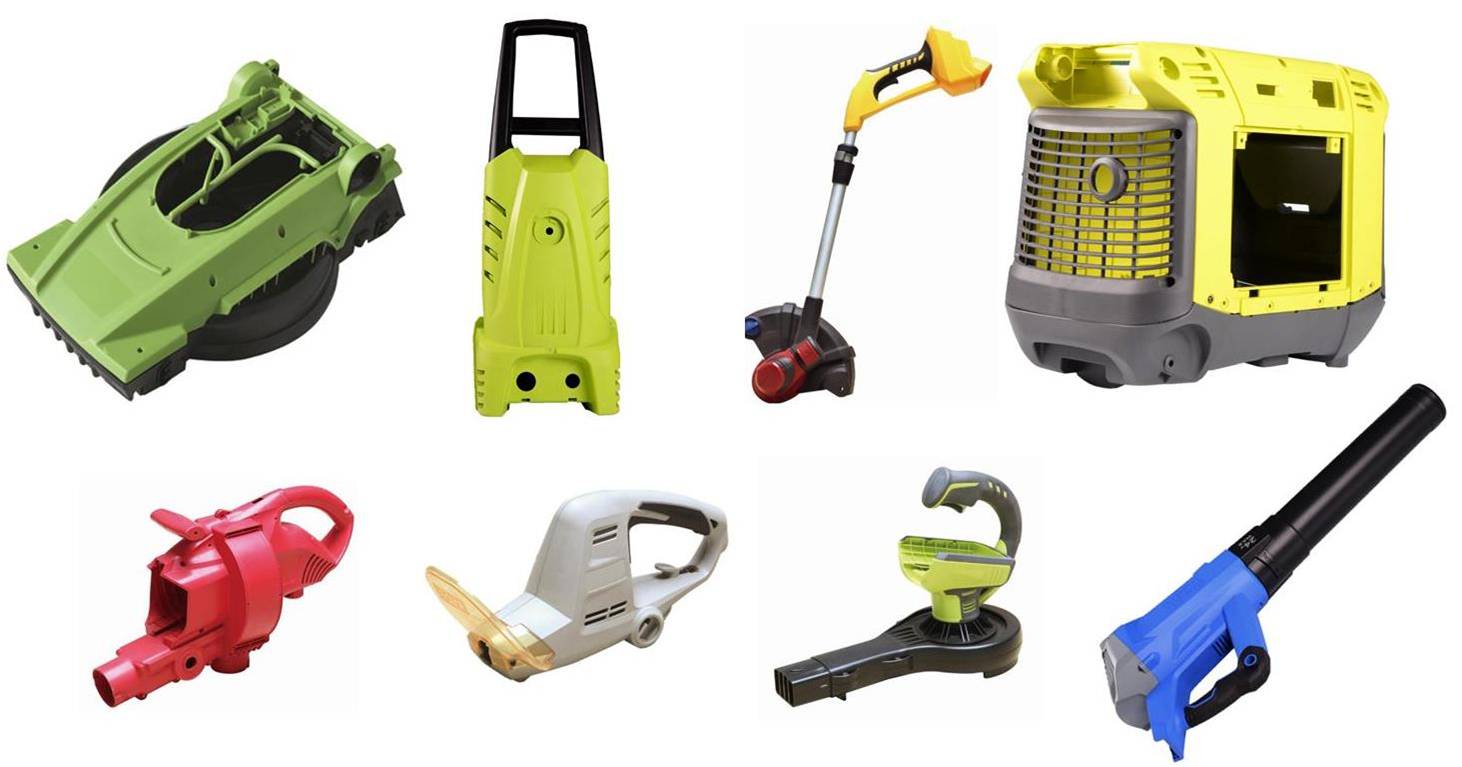Hong Kong "South China Morning Post" May 31 article, the original title: China's robots increased When Liu Yilian was busy distributing promotional materials at the Beijing International Machine Tool Show, several industrial robots were stretching sensitively behind the glass wall beside her Arm, keep working. “My business cards are all finished,†said Liu, who is the sales director of the Shanghai-based FANUC Robotics Company. Chinese producers are increasingly interested in robots, and they are increasingly looking to technology in response to rising labor costs and fierce competition from South and Southeast Asian countries. Liu said that until the global financial crisis of 2009 and the earthquake and tsunami in Japan in 2011, the company's sales almost doubled every year. “Even in this difficult business environment, our sales growth in China last year was close to 20%,†she said. Manufacturers across China are increasingly turning to robots in order to replace labor in industries that are highly polluting, require hazardous operations, or require high-quality production. According to the statistics of the International Federation of Robotics, the global sales of industrial robots in 2011 was 165,000 units, a 37% increase from 2010, a record high. Sales in China increased by 50.7% to 22,600 units. The International Robot Federation predicts that China will become the world's largest robot market next year. “China is increasingly facing low-cost competition. As China’s labor costs rise, we predict that China will use more robots to remain competitive,†the International Robotics Federation said in its February report. In Sun Chi, a Chinese economist at Daiwa Securities, production efficiency will rise as companies adopt robots and attrition. Beijing has pledged to develop its own robotics industry and provide subsidies to local manufacturers to promote industrial restructuring. Liaoning Province recently announced plans to initially build a robotic industrial base by the end of 2017, with an estimated annual output value of 50 billion yuan. The Liaoning Provincial Government is committed to providing tax relief and introducing venture capital funds to support the project. According to Li Boji, director of the CNC Robotics Department of Guangzhou, after about seven years of research, the company has developed its own robot. Li said that the goal is to increase production by 10 times to about 10,000 units in 2015. He believes that their technology is still not as mature as competitors, but the cost is only half of the import price. (Author, Victoria, Ding Yuqing) Garden Power Tools Plastic Injection Mould
Garden Power Tools Plastic Injection Moulds are including all kinds of tools which are plastic shell mould and all its plastic accessories moulds. ABS plastic resin is the first preferred to be used during injection. Ceeto molding has made a lot kinds of different shapes of garden power tools plastic shell moulds, collecting much experience in design and manufacturing. We want to be the first-class Plastic Injection Mould maker and serve your products.
Garden Power Tools Plastic Injection Mould,Benchtop Injection Molding Machine,Power Tools Plastic Mould,Injection Moulding Machines Garden Tools Zhejiang Ceeto Molding Technology Co.,Ltd. , https://www.ceetomold.com
As rivals from emerging markets are swaying China's manufacturing hubs around the world, Chinese leaders have urged companies to upgrade their technology to increase their competitiveness. Lin Yifu, former chief economist at the World Bank, predicts that a rapid rise in workers' wages will cost China's 85 million manufacturing jobs to other countries in the region. But analysts say that robots may become "saviors," or at least delay the process.
